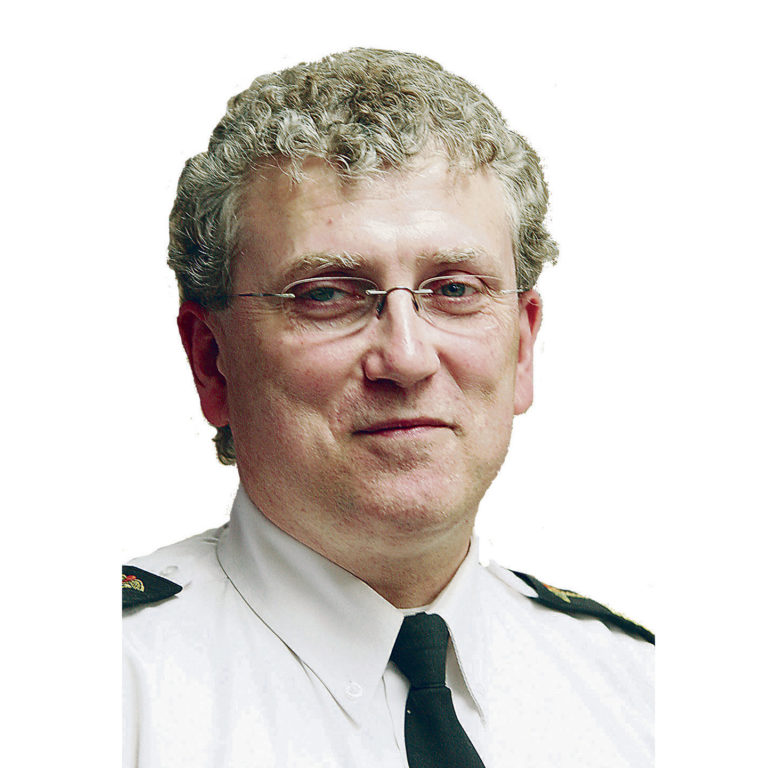Lyle Karasiuk
The stores are bustling, Black Friday, Cyber Monday, Giving Tuesday and the big day has hardly arrived. Planning for Christmas is like planning a wedding in my estimation. You take months of preparation, work hard to make sure everything goes to plan and when the big day does happen there is a big relief it finally happened. While planning your seasonal adventures remember why the season exists. Whether you are a person of faith or not, do take some time to think of those for whom the season is not so merry and bright.
Do your part to help out whether it is a local event like Give A Little Life Day to help our hospital or ringing the bells for Salvation Army. Maybe it’s our Wrapped Up for the Holiday Campaign to collect blankets and coats, please make your donation as you can.
Already many people have enjoyed the warmer outdoor temperatures to get their light display up and securing attached to the house. Remember these ladder safety tips when putting up your Christmas decorations:
Make sure that the ladder is on a firm, level non slip surface
Be sure that all safety locks are engaged before stepping onto the ladder
Stretching and leaning to either side is a leading cause of falls. Move the ladder to reach your work.
For an extension ladder, the highest safe standing level is the fourth rung. For a stepladder, stand no higher than the second rung from the top. Use the right length of ladder for the job
The maximum load a ladder can safely handle is called its duty rating. To determine the proper ladder size, subtract the climber’s height from the height of the job. Use the right type of ladder for the job; for example, don’t try to use a stepladder as an extension ladder. Last but not least, make sure the ladder is in good repair.
Many of us have already begun the “party” circuit. Whether it’s the office after hours get together or a bunch of friends over for an evening, when hosting a party, plan appropriately. This includes:
Either don’t drink or limit your own consumption of alcohol in order to track that of your guests.
Know your guests – it is much easier to track the changes in behavior of those you know.
Try to serve all drinks yourself and avoid self-serve bars to track and monitor your guests’ consumption. Consider hiring a bartender trained in alcohol service.
Have plenty of non-alcoholic choices.
Serve lots of food that has protein and fat – salt encourages more drinking and sugar does not mix well with alcohol.
Meet, Greet and Repeat – meet and greet all your guests as they arrive in order to determine if they have had anything alcoholic to drink before arriving. If the party is an open house or cocktail format, repeat the process as guests leave.
If a guest is intoxicated, encourage him or her to give you their car keys if relevant.
Buddy up with a friend to assist in persuading the intoxicated person to take a cab. Operation Red Nose can be a great choice too!
Keep the phone numbers of cab companies handy and tell the guest that a cab has been ordered – don’t give them the option to refuse.
If the guest is quite intoxicated, keep that person with you until they have sobered or can be left with a sober responsible person.
Only time will sober the person, not additional fluids or food. Offering a spare bed is a good recourse.
If the person refuses to give the car keys or spend the night at your house, call the police. It may seem drastic, but it could be a choice between that of an upset friend or far more tragic consequences.
The holiday season is meant to be a special time when we all can enjoy the company of good friends, good food and share a moment of quiet company.
Don’t let your Christmas be marked by tragedy. Be a responsible host and an even more responsible driver.
Please don’t drink and drive this holiday or at any time.

